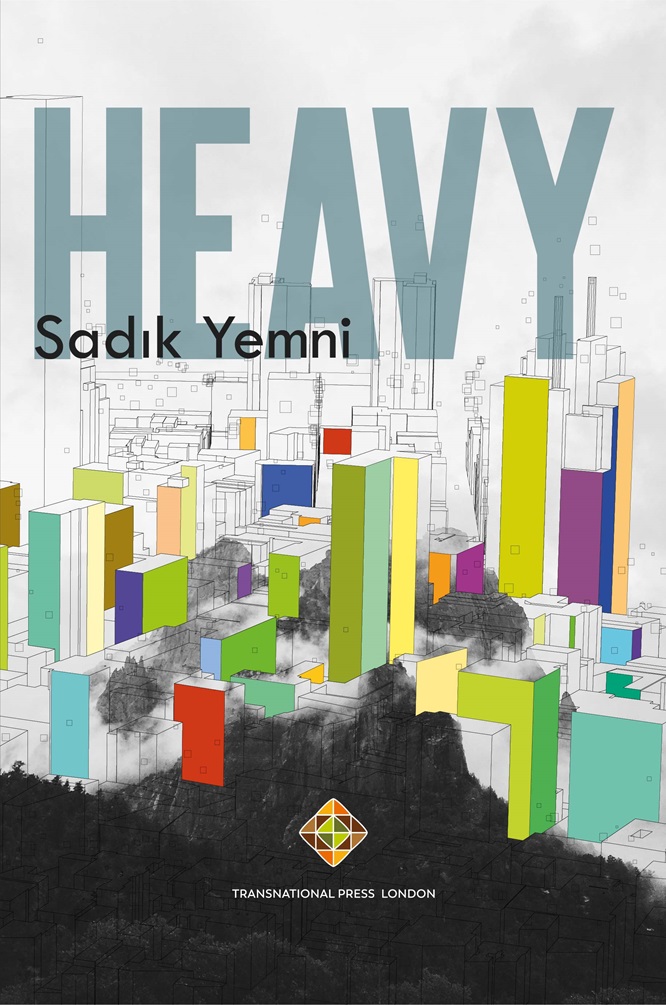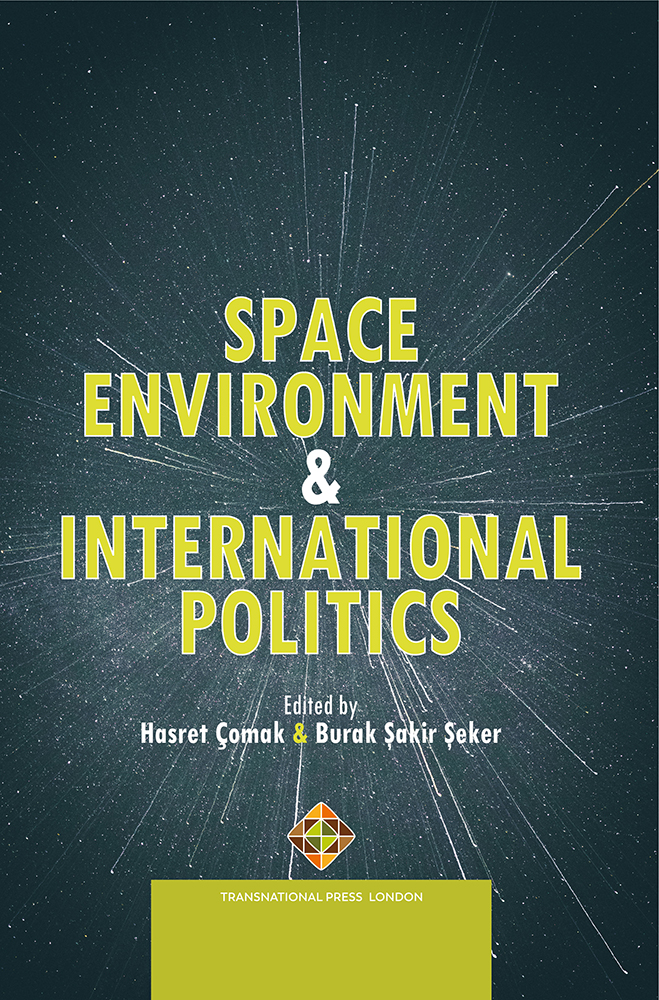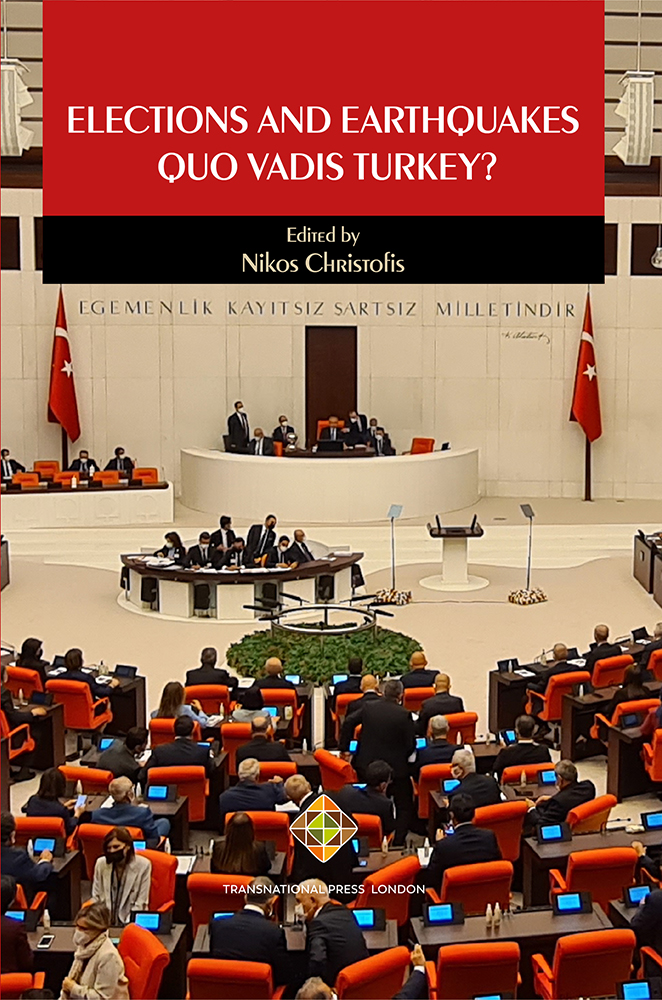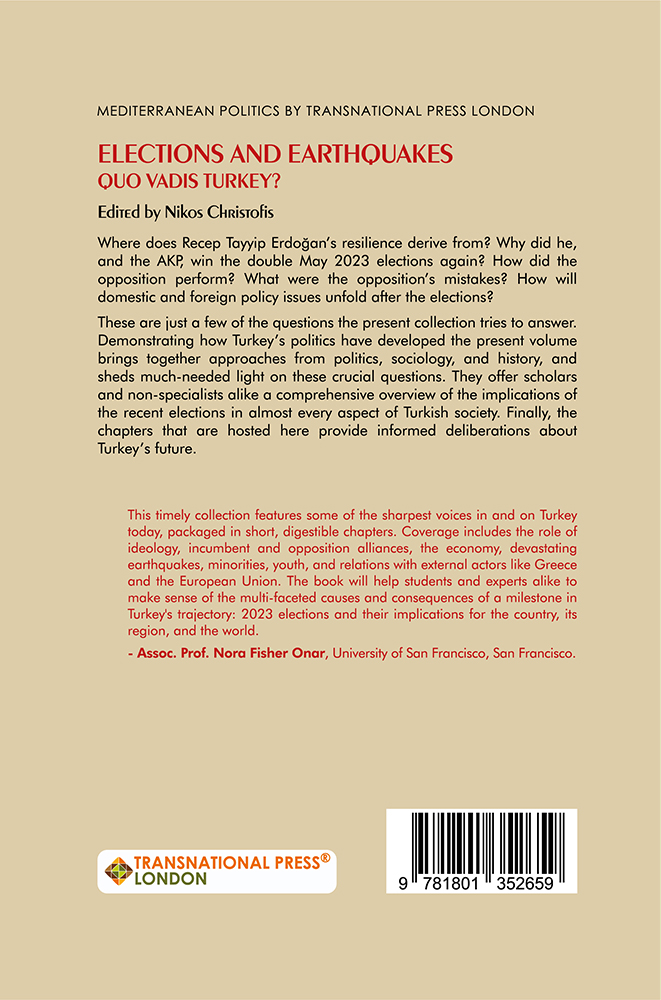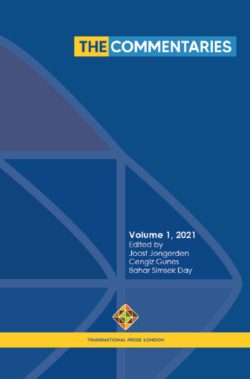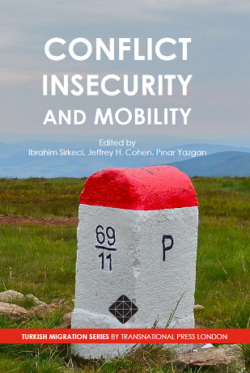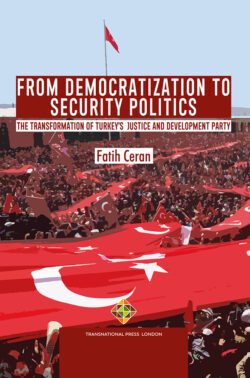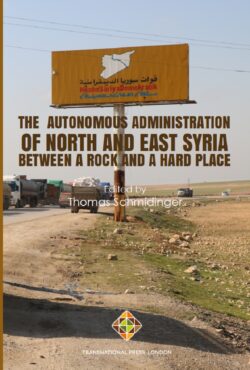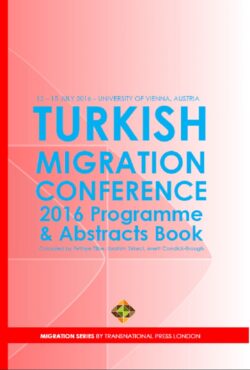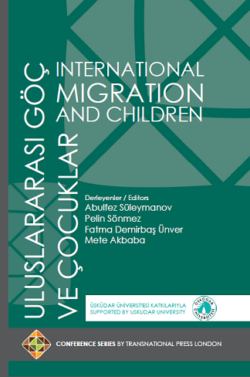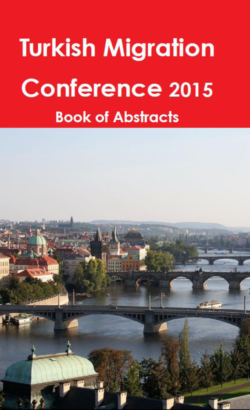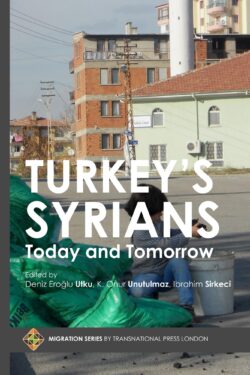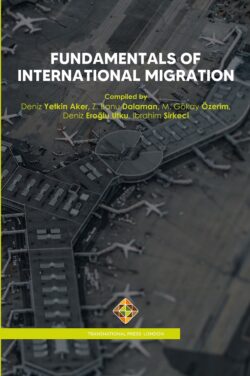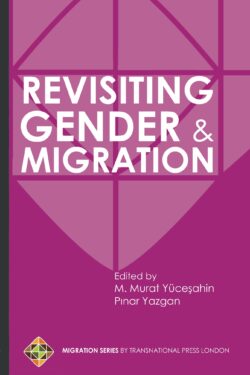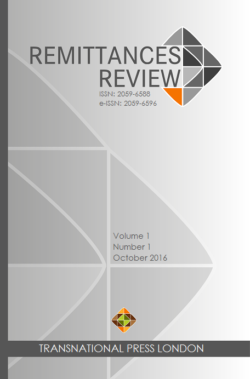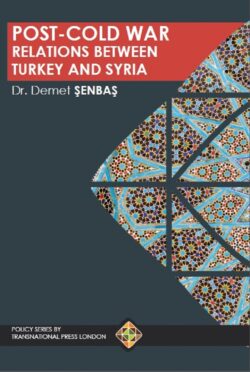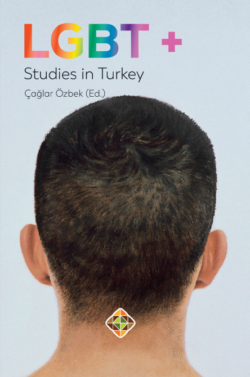Elections and Earthquakes: Quo Vadis Turkey
£24.50
Elections and Earthquakes: Quo Vadis Turkey Edited by Nikos Christofis | Published: 7 February 2024 [Mediterranean Politics Series: 9] | Paperback: ISBN: 978-1-80135-265-9 Buy from Amazon | Buy on Talebe.com | Digital version: ISBN: 978-1-80135-266-6 Read on Google Play | Read on Kindle | Read on CEEOL | Read on Talebe.com
Description
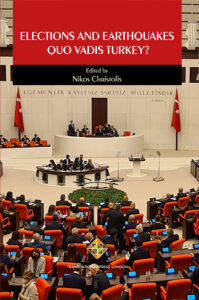
Elections and Earthquakes: Quo Vadis Turkey
Edited by Nikos Christofis
Published: 6 February 2024 [Mediterranean Politics Series: 9]
Paperback: ISBN: 978-1-80135-265-9 Buy from Amazon | Buy on Talebe.com
Digital version: ISBN: 978-1-80135-266-6 Read on Google Play | Read on Kindle | Read on CEEOL | Read on Talebe.com
Where does Recep Tayyip Erdoğan’s resilience derive from? Why did he, and the AKP, win the double May 2023 elections again? How did the opposition perform? What were the opposition’s mistakes? How will domestic and foreign policy issues unfold after the elections?
These are just a few of the questions the present collection tries to answer. Demonstrating how Turkey’s politics have developed the present volume brings together approaches from politics, sociology, and history, and sheds much-needed light on these crucial questions. They offer scholars and non-specialists alike a comprehensive overview of the implications of the recent elections in almost every aspect of Turkish society. Finally, the chapters that are hosted here provide informed deliberations about Turkey’s future.
“This collective volume sheds new light on the durability of the Erdoğan regime despite the heavy crises Turkey is going through, and more importantly, shows the limits of an opposition that is unable to propose a democratic transformation of the country, to become a credible alternative to it.” – Prof. Hamit Bozarslan, EHESS, Paris
This timely collection features some of the sharpest voices in and on Turkey today, packaged in short, digestible chapters. Coverage includes the role of ideology, incumbent and opposition alliances, the economy, devastating earthquakes, minorities, youth, and relations with external actors like Greece and the European Union. The book will help students and experts alike to make sense of the multi-faceted causes and consequences of a milestone in Turkey’s trajectory: 2023 elections and their implications for the country, its region, and the world. – Assoc. Prof. Nora Fisher Onar, University of San Francisco, San Francisco.
CONTENTS
- Preface
- HOW TO MISREAD TURKISH FASCISM… Cengiz Aktar
- BEFORE AND AFTER THE 2023 (DOUBLE) MAY ELECTIONS: QUO VADIS TURKEY?. Nikos Christofis
- TWO FACES OF ERDOĞANISM: RADICAL CONSERVATISM AND VINDICTIVE NATIONALISM… Ahmet İnsel
- GRAPE FRUIT COCKTAIL FOR SWEET FRUIT ADDICTS: THE STRATEGY OF NATION ALLIANCE.. Ayşe Çavdar
- THE FANTASY OF OPPOSITION COORDINATION AND DEMOCRACY WITHOUT DEMOCRATS 2.0: TURKEY AFTER THE ELECTIONS. Kerem Öktem
- THE OPPOSITION ALLIANCE IN TURKEY’S 2023 ELECTIONS. Berk Esen
- THE 2023 TURKISH ELECTIONS AND THE KURDS. Murat Issi
- VICTORY, EVEN IN DEFEAT: ÜMIT ÖZDAĞ, SINAN OĞAN, AND THE ENDURING INFLUENCE OF THE TURKISH FAR-RIGHT.. Reuben Silverman
- THE LEFT IN TURKEY: SURVIVAL AND RESISTANCE UNDER AUTHORITARIANISM… Sevgi Adak
- YOUTH POLITICS AND ACTIVISM IN TURKEY.. Bahar Baser
- TURKEY’S ECONOMIC GROWTH AND ENVIRONMENTAL DEGRADATION AFTER THE 2023 ELECTIONS: IS THE WORST YET TO COME?. Aslı Sen Taşbaşı
- LAISSEZ-FAIRE LAISSEZ-MOURIR: EARTHQUAKE ON 6 FEBRUARY 2023 AND CAPITALISM THAT DISCARDS AND DISASSOCIATES CITIZENS IN ERDOGAN’S TURKEY.. Kumru Toktamış
- DISASTER AND GENDER INEQUALITY KILLS, NOT EARTHQUAKES Özgür Kaymak
- THE 2023 ELECTIONS IN TURKEY AND THE TURKISH-GREEK RELATIONS: FACTS, POSSIBILITIES AND CONCLUSIONS. Anthony Deriziotis
- EU-TURKEY RELATIONS IN A “DANGEROUS WORLD”: PROSPECTS AND CHALLENGES AFTER THE 2023 ELECTIONS IN TURKEY.. Seda Gürkan
- Oscillating Between Securitization and Transactionalism: The Everlasting DRAMA OF TURKEY-WEST RELATIONS. Alper Kaliber
ABOUT THE CONTRIBUTORS:
Sevgi Adak is Associate Professor in Gender and Middle East Studies and Head of Research at the Aga Khan University’s Institute for the Study of Muslim Civilisations in London. She specializes in Turkish politics, politics of secularism, and women’s history and feminism in the Middle East. She is on the editorial board of the “Contemporary Turkey” book series jointly published by I.B. Tauris and the British Institute at Ankara, and co-editor of the “In Translation: Contemporary Thought in Muslim Contexts” book series of the Edinburgh University Press. Her book, Anti-Veiling Campaigns in Turkey: State, Society and Gender in the Early Republic, was published by I.B Tauris in 2022.
Cengiz Aktar, is a professor of political science presently invited at the Faculty of Turkish Studies and Modern Asian Studies, University of Athens. He is a former director at the United Nations, specializing in international humanitarian law and asylum policies. He is known to be one of the leading advocates of Turkey’s integration into the EU. As part of his endeavors pertaining to politics of memory, he developed in December 2008 the idea of an online apology campaign addressed to Armenians and supported by a number of Turkish intellectuals as well as over 32.000 citizens of Turkey.
Bahar Baser is Associate Professor in Middle East Politics at the School of Government and International Affairs, Durham University.
Nikos Christofis (PhD Leiden, 2015) is associate professor of Turkish and Middle East history and politics at the Centre for Turkish Studies in Shaanxi Normal University in Xi’an, China; adjunct lecturer at the Hellenic Open University; adjunct lecturer at UNICAF (Cyprus); and affiliate researcher at the Netherlands Institute at Athens (NIA). He is a comparative political historian working on the Eastern Mediterranean (Turkey, Cyprus, and Greece) and the Middle East. He published extensively in English, Greek, Turkish, Spanish, and Chinese. Among his latest publications is the co-edited book A Century of Greek-Turkish Relations: A Handbook (Transnational Press).
Ayşe Çavdar, a journalist and scholar, holds a BA in Journalism from Ankara University and an MA in History from Boğaziçi University, Turkey. In 2014, she completed her doctoral thesis, “The Loss of Modesty,” at the European University of Viadrina, examining the evolution of Muslim religiosity in middle-class gated communities. She was a postdoctoral fellow at Käte Hamburger Kolleg in 2017 and a visiting scholar at Philipps University from 2018-2020, and she recently served as a visiting scholar at Bard College Berlin. Ayşe’s current research explores the nationalist and religious symbolization of the state, along with the emergence of youth secularities in Turkey.
Anthony Deriziotis is a Lecturer on Turkey and the Middle East at the Department of Turkish and Modern Asian studies of the National and Kapodistrian University of Athens (since 2010), and Head of the Turkey Program of the Institute of International Economic Relations (I.D.O.S.). His research interests and publications cover Turkish domestic and foreign policy and focus on Turkey’s relations with the United States and the Middle East, and the Kurdish issue. His publications include articles in international peer-reviewed journals, conference proceedings, edited volumes, book editing and book reviews. In 2023 he published, together with M. Issi and N. Christofis, the volume Οι Κούρδοι της Τουρκίας: Από την Οθωμανική περίοδο έως και τις μέρες μας (University of Patras Press, 2023).
Berk Esen is Assistant Professor of Political Science at the Faculty of Arts and Sciences, Sabancı University, Turkey. He received his PhD in Government from Cornell University in 2015. He is the co-editor and author of three books on Turkish politics. His research has appeared in Party Politics, Journal of Democracy, Third World Quarterly, Armed Forces & Society, PS: Political Science & Politics, South East European Society and Politics, Journal of Near East and Balkan Studies, Mediterranean Politics, Middle East Journal, Turkish Studies, Review of Middle East Studies, and Middle East Review of International Affairs. Dr. Esen has received the Sakıp Sabancı International Research Award for his work on democratic backsliding in Turkey and Hungary and the Turkish Science Academy Young Scientist Award (BAGEP).
Seda Gürkan is Assistant Professor in International Relations and European Studies at Leiden University’s Institute of Security and Global Affairs (ISGA), the Faculty of Governance and Global Affairs. She is also an Affiliated Fellow and professor at the Department of Political Science and the Institute for European Studies (IEE), at Université libre de Bruxelles (ULB). Dr. Gürkan is a graduate of the London School of Economics (LSE), Université libre de Bruxelles and Diplomatic School of Spanish Ministry of Foreign Affairs. She was previously a visiting scholar at Johns Hopkins University Paul H. Nitze School of Advanced International Studies (SAIS) in Washington DC and a visiting fellow at the Vrije Universiteit Amsterdam (VU). Her teaching and research interests include EU foreign policy (with a focus on the Eastern neighbourhood, enlargement, EU-Turkey relations) and emotions in international relations.
Murat Issi studied mathematics in Turkey and Political Science & History at Panteion University, Greece. He received his PhD in Modern History with a thesis entitled “The Beginnings of Kurdish Nationalism. Political Concepts and Islam in the Early Kurdish Newspapers, 1898-1918”. He is currently a postdoctoral resarcher at the Department of Balkan, Slavic & Oriental Studies, University of Macedonia, Greece. His scholarly interests range between the fields of Ottoman-Turkish-Kurdish social and political history, the formation of Turkish and Kurdish national identity, political and historical gender relations in Turkey and Kurdistan, history of social and political movements mainly in Turkey and Kurdistan and the history of Greek-Kurdish relations.
Ahmet İnsel is professor (retired) of Economics at Galatasaray University. He has previously worked as an associate professor at the Paris Panthéon-Sorbonne University in the Department of Economics, where he served also as dean and vice-chancellor. From 1994 to 2018 he was a regular columnist in the Turkish press (Yeni Yüzyil, Radikal and Cumhuriyet). He is a member of the editorial board of the monthly journal Birikim and İletişim publishing house. Among his latest publications are (with Jean-Michel De Waele, eds.), Quand la pandémie bouleversa le monde (Bruylant, 2022); (with Pierre-Yves Hénin) Le National-Capitalisme autoritaire, une menace pour la démocratie (Bleu Autour, 2021) and La nouvelle Turquie d’Erdogan. Du rêve démocratique à la dérive authoritarian (La Découverte, 2017; Greek translation, Diametros, 2017).
Özgür Kaymak completed her Ph.D. degree at the Istanbul University, Department of Public Administration and Political Science with her dissertation titled “The Socio-Spatial Construction of Istanbul’s Rum, Jewish and Armenian Communities”. After receiving a B.A. degree in Economics from Arizona State University, USA, she completed Executive Education at INSEAD. She is the author of the books titled İstanbul’da Az(ınlık) Olmak: Gündelik Hayatta Rumlar, Yahudiler, Ermeniler (Libra, 2017) and Kısmet Tabii… İstanbul’un Rum, Yahudi ve Ermeni Toplumlarında Karma Evlilikler (Istos, 2020). Her writings are also published at Bianet, Agos, Avlaremoz, Al Monitor and Arab News. She can be reached at kaymakoz@gmail.com.
Alper Kaliber is a professor of International Relations and Jean Monnet Chair at Altınbaş University. Previously he worked as a Marie Curie research fellow at European Institute, Istanbul Bilgi University and served as a research fellow at the University of Birmingham. His areas of interest include critical and regional security studies, politics of emergency and exceptionalism, European security, the Cyprus conflict, Europeanisation, civil society, and Turkish foreign policy. His publications appeared in Security Dialogue, Democratization, International Relations, South European Society and Politics among others.
Reuben Silverman is a Postdoctoral Researcher at Stockholm University’s Institute for Turkish Studies (SUITS), where he focuses on issues including political economy and democratization. In addition to articles in Turkish Studies, Middle Eastern Studies, and other journals, his work has been collected in three books, Turkey’s Ever Present Past: Stories from Turkish Republican History (Libra, 2015); Politics in Turkey: Parties, Politicians and the Struggle for Power (Libra, 2018); and Borderline Personalities: Lives at the Political, Social and Geographic Edges of Modern Turkey (Libra, 2021). He earned a PhD from University of California San Diego (2022).
Aslı Sen Taşbaşı is a professor, faculty member, and the Head of the Department of Economics at FMV Işık University, İstanbul. She conducted her doctoral thesis research at Lund University’s Department of Economics in Sweden, supported by a TÜBİTAK scholarship. She has over 15 years of experience in environmental and natural resources economics, teaching both undergraduate and graduate courses in this area. Her contributions to the field of economics have been recognized with a UNESCO grant. She has published articles in national and international peer-reviewed journals, edited international books, and authored book chapters addressing renewable energy, water access, clean water and sanitation, climate justice, sustainable foreign trade, and the impact of economic growth on the environment. She is the Director of the Sustainable Economic Systems Research Lab (SES Lab) and Editor of the lab’s publications.
Kumru F. Toktamış is a transnational activist, human rights researcher, educator, and occasional columnist since the last century. She worked for the Human Rights Watch for more than a decade documenting human rights violations in Turkey in the 1980s and 1990s and wrote a dissertation on the relationship between Turkish state formation and the Kurdish mobilizations since the end of World War I. She is Associate Professor of Political Sociology at the Department of Social Sciences and Cultural Studies, Pratt Institute. She is the co-editor of the book Everywhere Taksim: Sowing the Seeds for a New Turkey at Gezi (Amsterdam University Press, 2015) and co-authored book Ağrı İsyanı’nda İstanbullu Bir Kadın: Yaşar Hanım’ın Anıları (Dipnot, 2023). Presently, she is working on a book entitled “Woman for Whom the War Never Ended: A girl from Istanbul during Ararat Rebellion” based on the memoirs of Yashar Khanum, the wife of Ihsan Nuri Pasha.
Kerem Öktem is a Professor of Politics and International Relations at Ca’ Foscari University of Venice. Before his call to Venice, he held the Chair of Southeast European Studies and Modern Turkey at the University of Graz and was a research fellow at the University of Oxford, where he completed his D. Phil. and Master degrees. His most recent books are Exit from Democracy. Illiberal governance in Turkey and Beyond (Routledge, 2018) and Turkey’s Jewish Diasporas. Entanglements and Separations (Palgrave Macmillan, 2022). He is currently conducting a research project on Turkey’s neo-imperial policies in the Balkans.
PRODUCT DETAILS:
ISBN: 978-1-80135-265-9 (Print)
ISBN: 978-1-80135-266-6 (Digital)
Publisher: Transnational Press London
Published: 7 February 2024
Language: English
Pages: 227
Binding: Paperback
Interior Ink: Black & white
Weight (approx.): 0.65 kg
Dimensions (approx.): 15cm wide x 23cm tall
Additional information
| Weight | 0.40 kg |
|---|---|
| Version | |
| Binding | Paperback |
| Interior Ink | Black and White |

